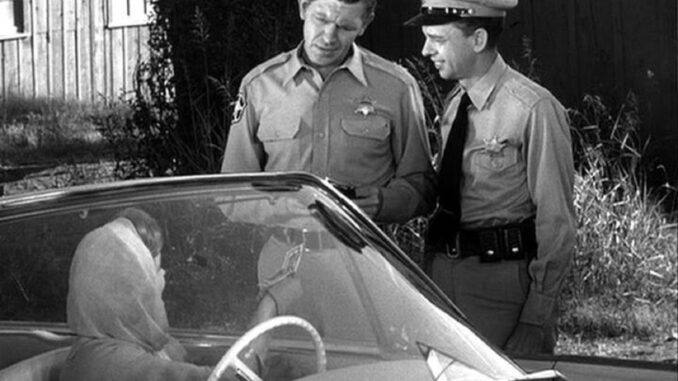
The crisp morning air held a promise of an ordinary day, yet for Andy, it already carried the faint, metallic scent of duty. Nestled on his passenger seat, secured by the buckle of the unoccupied space, lay a manila folder. Within it, a flimsy piece of paper, barely distinguishable from a thousand others, represented the culmination of an event Andy had not witnessed, a decision he had not made, and a consequence he was now tasked to unfurl. This was the summons, for a traffic violation, a minor transgression that nonetheless required the precise, impersonal hand of the law. And to issue it, Andy had to travel.
The journey to Fairhaven, the nearby city, was not a grand odyssey. It was a utilitarian transit, a twenty-five-minute hum of tires on asphalt, a blur of roadside trees giving way to commercial plazas, then the familiar, denser urban sprawl. Yet, as Andy drove, the mundane act of travel transformed into an extended meditation on the nature of order and the invisible threads that bind a society. He was not a police officer, nor a judge. He was a cog, a link in the vast, intricate chain of administration. His role was to ensure that a digital record became a physical summons, delivered to the proper jurisdiction, ready to ripple into a life.
Fairhaven’s municipal building loomed with the stolid, unyielding facade of public architecture – a testament to permanence and the slow, deliberate grind of governance. Inside, the air was thick with the faint scent of disinfectant and old paper, punctuated by the low hum of fluorescent lights and the distant clatter of keyboards. Andy joined a queue, not of offenders or petitioners, but of fellow cogs: other clerks, process servers, legal aides, all bearing their own folders, their own slivers of society's endless ledger.
The waiting room was a study in muted patience. Rows of utilitarian chairs were occupied by people whose faces told stories of anxieties far weightier than a parking ticket or an expired registration. A mother with a crying child, a man in a rumpled suit, an elderly woman clutching a worn handbag – they were the raw material of the system, their lives intersecting here, under the watchful, indifferent gaze of a wall clock. Andy, with his crisp summons, felt a peculiar detachment. His task, though part of the same grand machinery, felt sterile, almost abstract, compared to the palpable burdens around him.
When his turn came, the interaction was brief, efficient, and utterly devoid of personal connection. He pushed the folder across the counter, the thick glass barrier a symbolic and physical divide between the public and the bureaucracy. The clerk on the other side, her face a mask of practiced neutrality, took the document, her fingers moving with the precise, economic movements of someone who has performed this exact ritual countless times. She scanned a barcode, stamped a date, punched a hole, and filed a carbon copy. The summons, once a potentiality, was now a formal reality, lodged within the system of Fairhaven, awaiting its next step in the silent ballet of jurisprudence.
There was no fanfare, no grand pronouncement. Just the quiet thud of a stapler, the click of a mouse, and the clerk’s murmured, "Next." Andy took his receipt, a small, anti-climactic piece of paper confirming his task was complete. The minor violation, the distant driver, the complex machinery of justice – it had all converged in this moment, in this room, orchestrated by the seemingly inconsequential acts of anonymous individuals.
The drive back was a mirror image of the outward journey, yet subtly altered. The sun had risen higher, casting sharper shadows, and the trees seemed greener, less blurred. Andy felt the familiar release that accompanies a completed task, however small. He had been an instrument, a conduit for a process larger than himself, larger than the specific incident that had birthed the summons.
He thought of the driver who would eventually receive this official paper, perhaps days or weeks from now. They would see a cold, printed notice, not the journey, not the quiet hum of fluorescent lights, not the patient queue of ordinary people. They would see a demand, a consequence, a ripple from a stone thrown into the pond of collective rules.
Andy’s journey to Fairhaven was not heroic, nor dramatic. It was a pilgrimage of paper, a testament to the unglamorous but essential mechanics of a civil society. It illustrated that even the smallest, most mundane tasks are threads in the vast tapestry of order, woven by countless hands, each performing their necessary, if unnoticed, part in keeping the complex gears of the world turning. The summons, once just a piece of paper, was now imbued with the silent authority of the system, a tiny, yet potent, reminder that even in a world of fleeting moments, actions have consequences, and consequences demand a response.